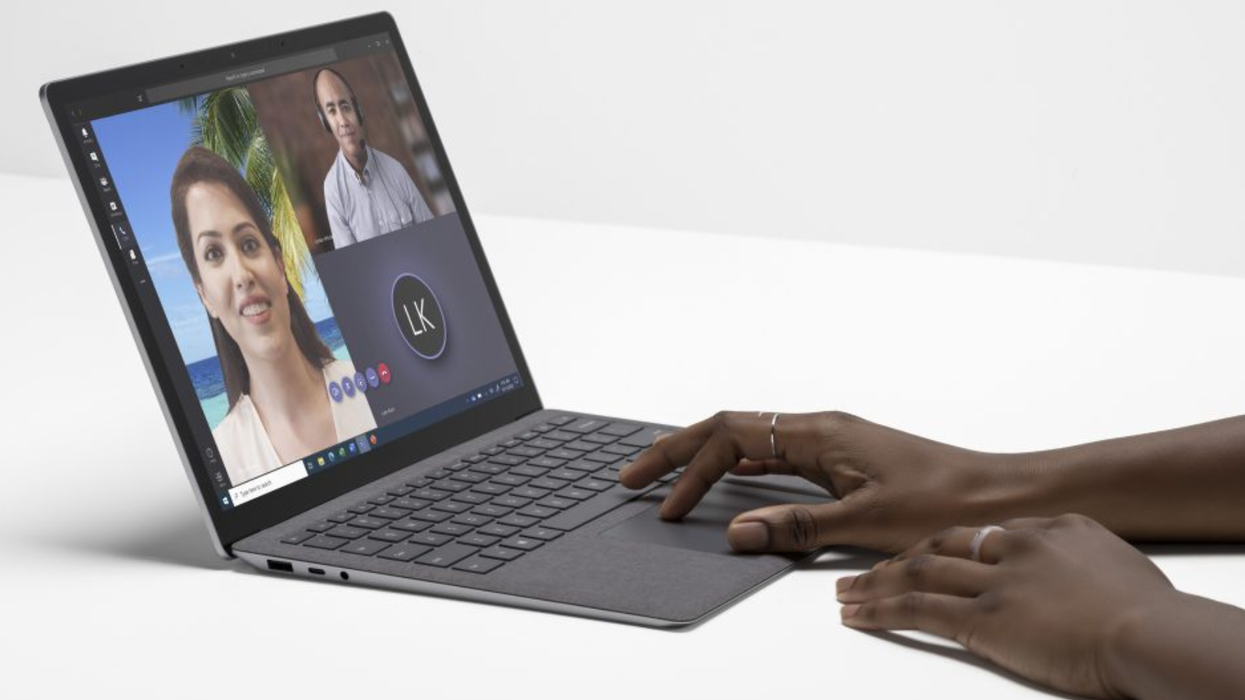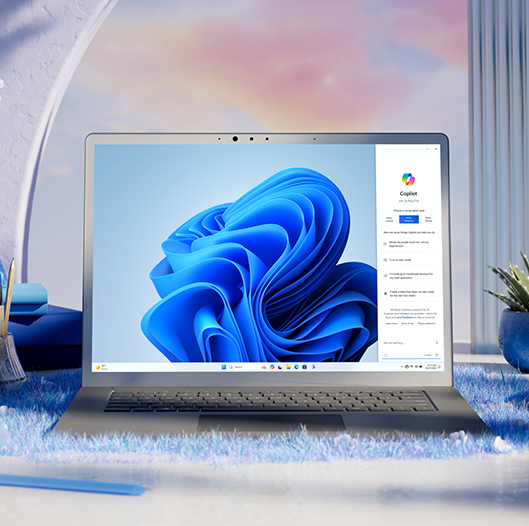Killing off Windows 10 could send 240 million PCs to landfill — is yours one of them?

Microsoft will stop providing software updates with new features and patches for critical security flaws to all Windows 10 users from October 2025
|MICROSOFT PRESS OFFICE

Microsoft will end support for millions of Windows 10 users from October 2025
- Windows 10 powers roughly 1.4 billion PCs worldwide
- Despite this unmatched popularity, support will end in October 2025
- If you're unable to upgrade, your PC will be vulnerable to hackers
- Unwanted laptops and desktop PCs are likely to be disposed of
- That could result in 240 million Windows 10 devices in landfill, analysts claim
Don't Miss
Most Read
Microsoft’s decision to end support for Windows 10 could result in 240 million PCs being disposed of, potentially contributing vast amounts of electronics to landfill, Canalys Research has warned.
The electronic waste from these laptops and desktop PCs could weigh an estimated 480 million kilograms (75 million stone), roughly equivalent to 320,000 cars. Microsoft has confirmed that it will end support for Windows 10 in October 2025.
From that date onwards, Microsoft will no longer release new features, fixes for bugs and compatibility problems, and crucially, no emergency patches for security flaws. That means, if there’s a vulnerability discovered in the operating system, it’s there forever.
While that deadline won’t have any bearing on the performance of your Windows 10-powered PC, it does that continuing to use your computer will carry huge risks.

Windows 11 superseded Windows 10 back in October 2021, but despite almost three years on the market, its predecessor is still used by millions more people worldwide
|MICROSOFT PRESS OFFICE
Windows 10 remains immensely popular – with some estimates suggesting as many as three-quarters of the 1.4 billion Windows PCs worldwide are still powered by the operating system, which was available as a free upgrade to millions when it launched. Microsoft announced a plan to provide security updates for Windows 10 devices until October 2028 for an undisclosed annual price.
Dubbed the Extended Security Updates (ESU) plan, previous offerings from Microsoft have ranged between £10 and £159, depending on whether you’re using the Home Edition or Pro Edition of the operating system. The cost increases with each year after the end of support deadline.
If the pricing structure for Extended Security Updates (ESU) on Windows 10 mirrors previous trends, switching to newer PCs – with the latest version of the Windows operating system preinstalled – could be more cost-effective, increasing the number of older PCs heading to the scrapheap, Canalys told Reuters.
Several core components in your laptop or desktop PC can be recycled. Battery recycling firm Redwood Materials said that lithium-ion batteries can be nearly infinitely recycled to recover metals such as lithium, cobalt, nickel, and copper.
Meanwhile, the hard drives used in computers and data servers are recycled to gather materials for electric vehicle motors and renewable power generation. Hard drives that are disposed of before the end of their lifecycle create an excess of rare earth magnetic material waste, experts warn.
"Turning end-of-life computers into the magnets that power sustainable technologies like electric vehicles and wind turbines will help meet the rising global demand for electricity," said Noveon Magnetics Chief Commercial Officer, Peter Afiuny.
LATEST DEVELOPMENTS
Can your existing PC upgrade to Windows 11?
One way to avoid the security risks associated with Windows 10 after the end of support deadline is to upgrade to the latest operating system, Windows 11.
But while millions of Windows 7, Windows 8, and Windows 8.1 users were able to upgrade free of charge following the launch of Windows 10, that's not the case with the latest operating system. But it's not just the cost, unlike Windows 10, which supports a wide range of hardware — there’s no guarantee that your current PC will be able to upgrade to the next operating system from Microsoft.
With its latest operating system, Microsoft introduced several strict system requirements.
Windows 11 only officially supports Intel’s 8th Generation (known as Coffee Lake) or Zen 2 CPUs and newer, leaving millions of devices that launched with Windows 10 preinstalled unable to upgrade.
You'll need...
- A 1GHz or faster processor with two or more cores, it can be either a 64-bit processor or system on a chip (SoC)
- At least 4GB of RAM
- A minimum of 64GB of free storage, either on a physical hard drive or SSD
- Graphics card compatible with DirectX 12 or later, with a WDDM 2.0 driver
- Secure Boot-capable system firmware
- A Trusted Platform Module (TPM) built-in, at least version 2.0
- At least 720p resolution display, measuring 9" or larger with 8 bits per colour channel
Additional Reporting by Akash Sriram for Reuters










